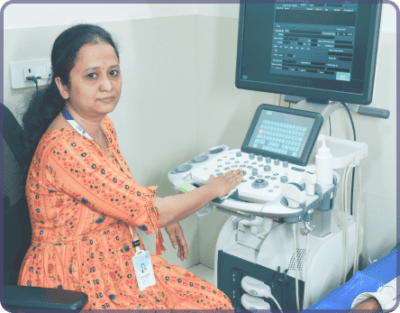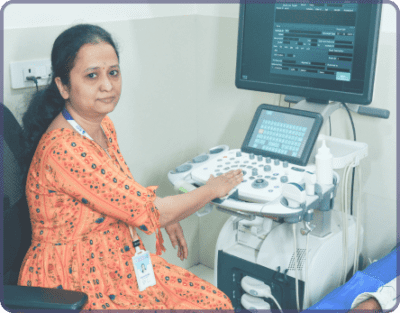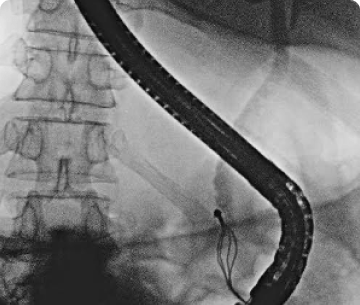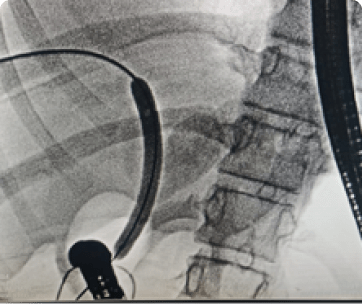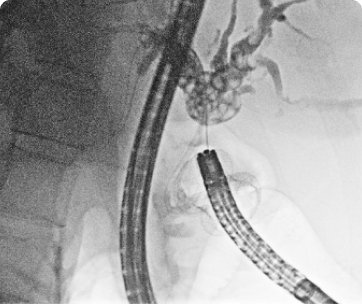PILES & FISSURE
Piles, or hemorrhoids, are swollen anus or lower rectum veins. They can be internal or external and may cause bleeding, pain, or discomfort.
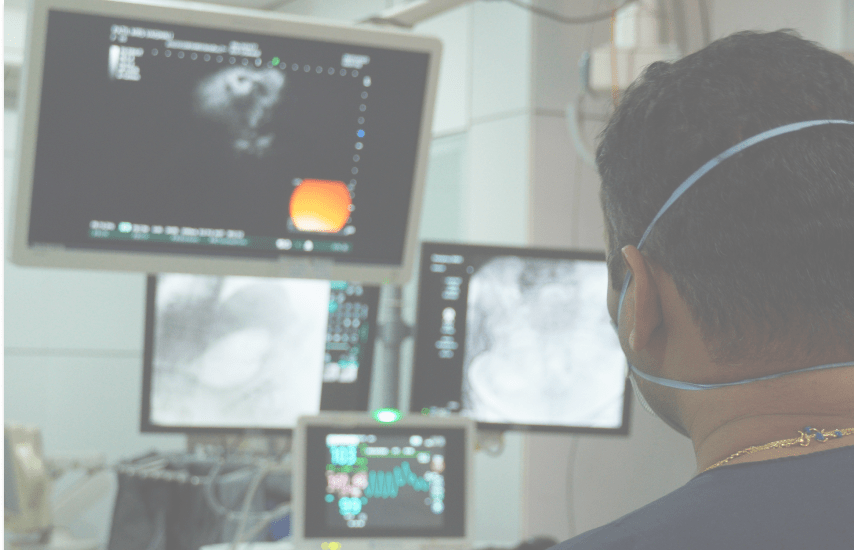
PILES & FISSURE

Piles, or hemorrhoids, are swollen anus or lower rectum veins. They can be internal or external and may cause bleeding, pain, or discomfort.
Piles can be caused by various factors, including constipation, straining during bowel movements, pregnancy, obesity, and a sedentary lifestyle. The symptoms of piles can vary depending on the type and severity of the condition but may include pain, bleeding, itching, swelling, and difficulty with bowel movements. An anal fissure is a tear in the lining of the anus or lower rectum. It can cause pain, bleeding, and discomfort during bowel movements. Fissures can be caused by various factors, including constipation, straining during bowel movements, diarrhea, childbirth, or inflammatory bowel disease.
1,11,1000+ CASES HANDLED
3 HI-TECH ENDOSCOPY DEVICES
5+ SPECIALIST GI ENDOSCOPIST
Treatment for piles may include lifestyle changes, such as increasing fiber intake and exercise, or medication to reduce pain and inflammation. In more severe cases, surgical options may be recommended, including rubber band ligation, sclerotherapy, or surgery.
The symptoms of a fissure may include pain during bowel movements, bleeding, itching, and discomfort in the anal area.
There are generally no specific preparations required for diagnosing piles and fissures. The healthcare provider will perform a physical exam and ask about the patient’s symptoms and medical history.
If a more detailed examination is needed, such as a proctoscopy or anoscopy, the patient may be asked to follow some instructions to prepare for the procedure, such as:
Stool softeners: The healthcare provider may recommend stool softeners or laxatives to help soften the stools and make bowel movements more comfortable.
Fasting: Depending on the type of procedure, the patient may be asked to fast for a certain period before the procedure.
Cleansing enema: In some cases, the healthcare provider may recommend a cleansing enema to empty the rectum of stool before the procedure.
Informed consent: The healthcare provider will discuss the risks, benefits, and alternatives to the procedure with the patient and obtain informed consent.
It is essential to follow any preparation instructions given by the healthcare provider to ensure the safety and effectiveness of the procedure.
Complications associated with piles and fissures are generally rare but can occur in some cases. Some possible complications include:
Thrombosed hemorrhoids: Blood clots can form in external hemorrhoids, causing severe pain and swelling.
Anemia: Chronic bleeding from piles can lead to iron deficiency anemia.
Stricture: Chronic fissures can lead to scarring and narrowing of the anal canal, known as a stricture.
Infection: Fissures can become infected, causing pain and swelling in the anal area.
Abscess: Pus-filled abscesses can form near the anus, causing pain and swelling.
Fistula: An abnormal connection can form between the anus and the skin or other organs, resulting in pain and discharge.
It is essential to seek medical attention if experiencing symptoms or concerns related to piles or fissures, as prompt treatment can help prevent complications.
Treatment for piles may include lifestyle changes, such as increasing fiber intake and exercise, or medication to reduce pain and inflammation. In more severe cases, surgical options may be recommended, including rubber band ligation, sclerotherapy, or surgery.
The symptoms of a fissure may include pain during bowel movements, bleeding, itching, and discomfort in the anal area.
There are generally no specific preparations required for diagnosing piles and fissures. The healthcare provider will perform a physical exam and ask about the patient’s symptoms and medical history.
If a more detailed examination is needed, such as a proctoscopy or anoscopy, the patient may be asked to follow some instructions to prepare for the procedure, such as:
Stool softeners: The healthcare provider may recommend stool softeners or laxatives to help soften the stools and make bowel movements more comfortable.
Fasting: Depending on the type of procedure, the patient may be asked to fast for a certain period before the procedure.
Cleansing enema: In some cases, the healthcare provider may recommend a cleansing enema to empty the rectum of stool before the procedure.
Informed consent: The healthcare provider will discuss the risks, benefits, and alternatives to the procedure with the patient and obtain informed consent.
It is essential to follow any preparation instructions given by the healthcare provider to ensure the safety and effectiveness of the procedure.
Complications associated with piles and fissures are generally rare but can occur in some cases. Some possible complications include:
Thrombosed hemorrhoids: Blood clots can form in external hemorrhoids, causing severe pain and swelling.
Anemia: Chronic bleeding from piles can lead to iron deficiency anemia.
Stricture: Chronic fissures can lead to scarring and narrowing of the anal canal, known as a stricture.
Infection: Fissures can become infected, causing pain and swelling in the anal area.
Abscess: Pus-filled abscesses can form near the anus, causing pain and swelling.
Fistula: An abnormal connection can form between the anus and the skin or other organs, resulting in pain and discharge.
It is essential to seek medical attention if experiencing symptoms or concerns related to piles or fissures, as prompt treatment can help prevent complications.

PROCEDURES WE CONDUCT
FREQUENTLY ASKED QUESTIONS
FREQUENTLY ASKED QUESTIONS
Don’t wait!!
Get consulted with our GI specialist today
Book your appointment effortlessly.
ANTRANG KNOWLEDGE RESOURCE
ANTRANG KNOWLEDGE RESOURCE
get in touch
We are just a phone call away when you need us!




